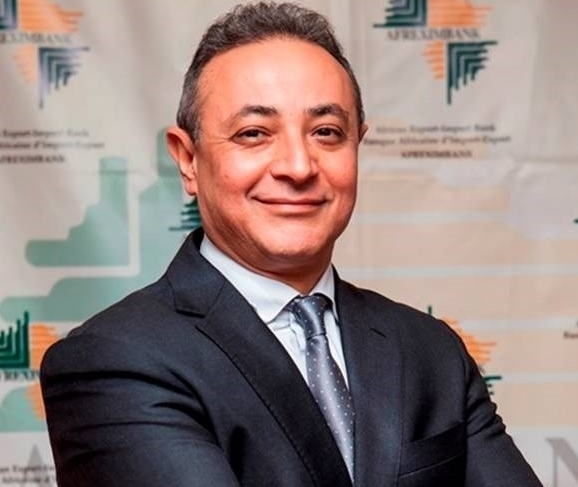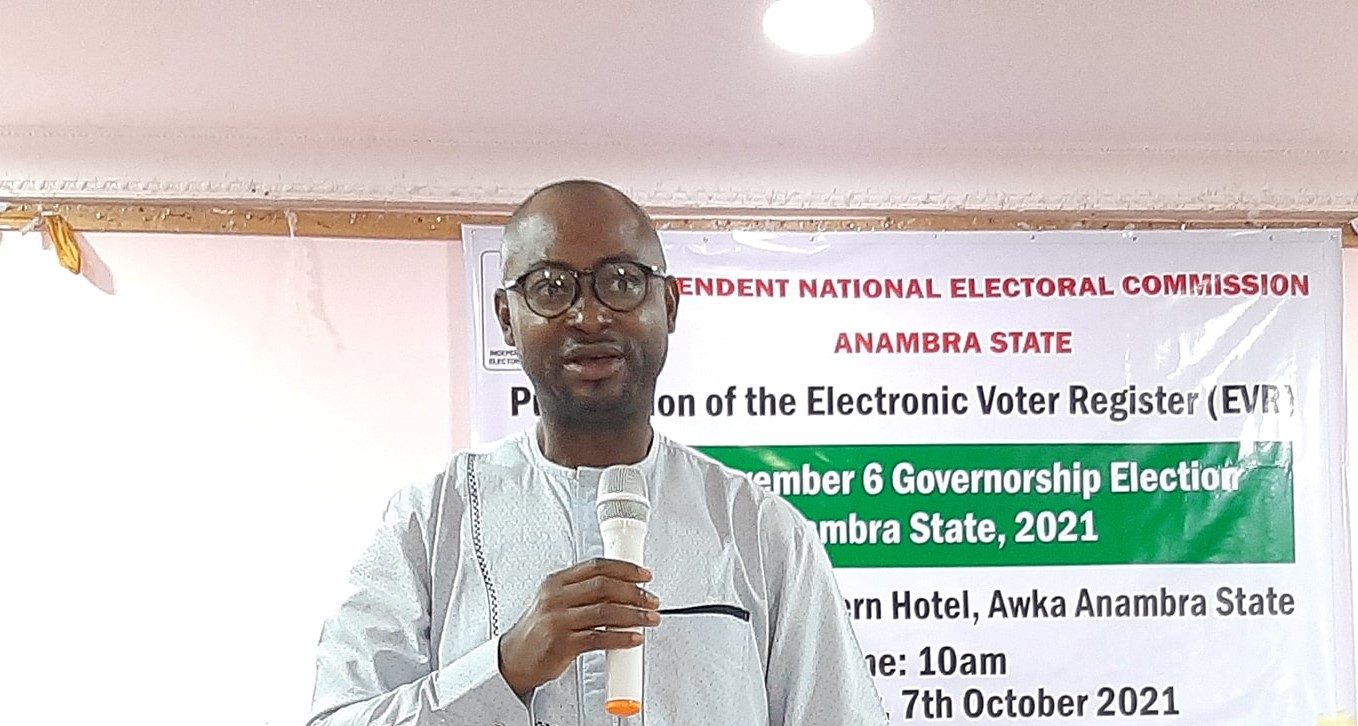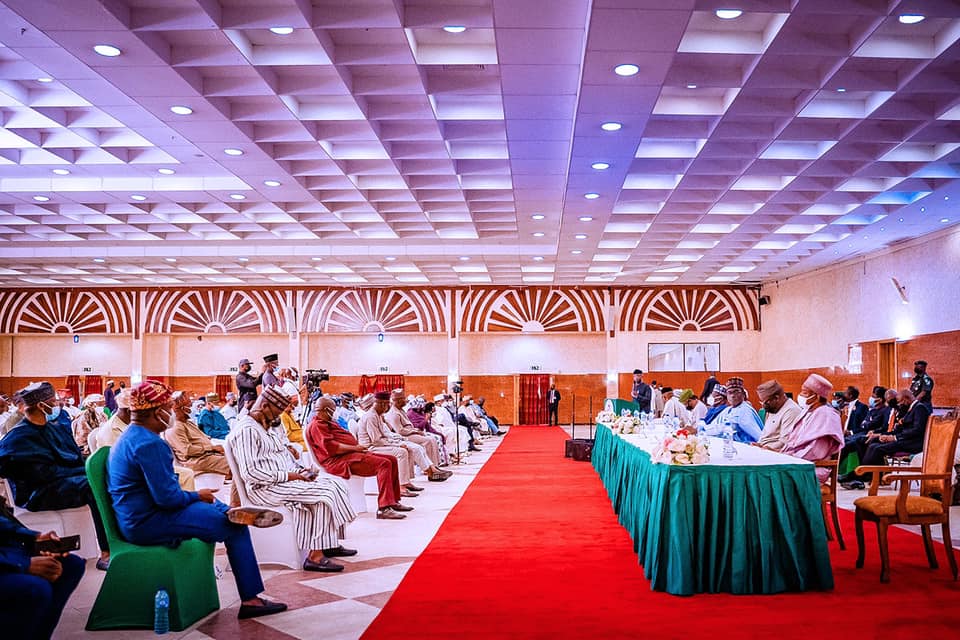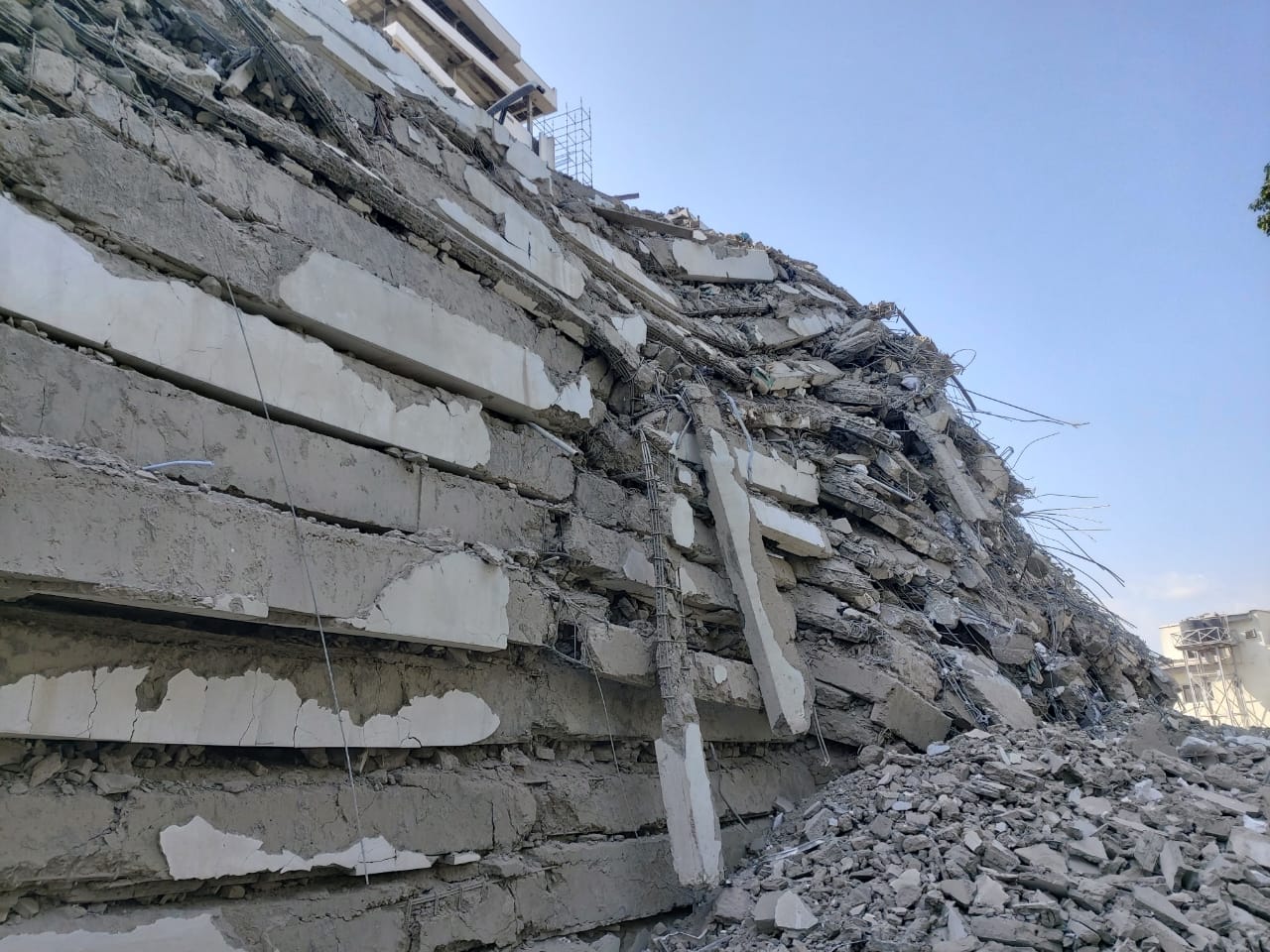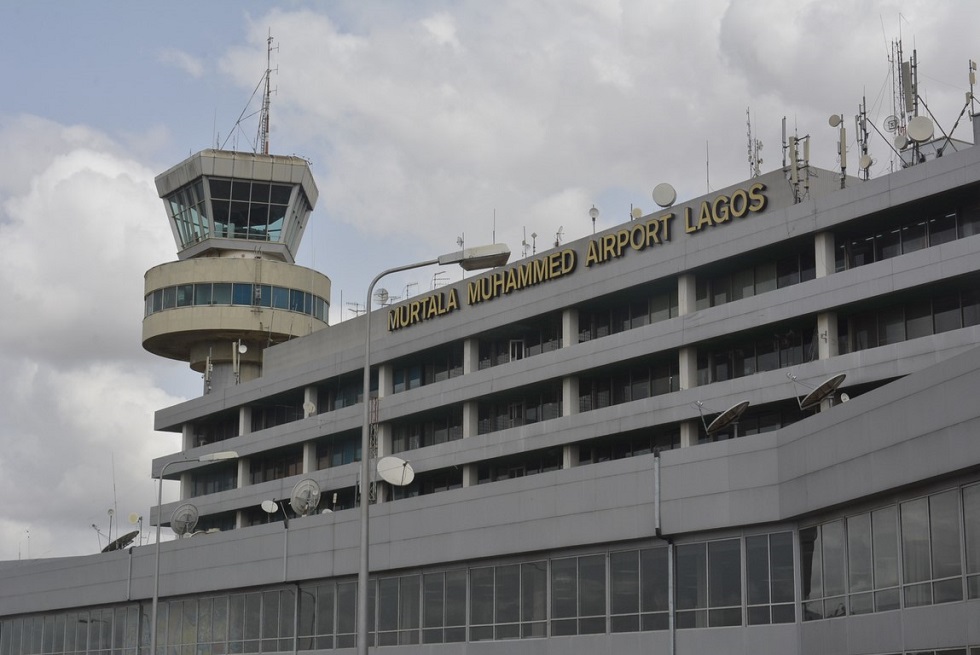The African Export-Import Bank (Afreximbank) has urged the Nigerian Investment Promotion Commission (NIPC) to do more in attracting a greater volume and variety of investments into Nigeria.
Amr Kamel, executive vice-president, business development and corporate banking at Afreximbank, said this on Tuesday at an investment conference organised by the Lagos Chamber of Commerce and Industry (LCCI).
The conference was themed ‘Repositioning Nigeria as a Key Global Investment Destination.’
Kamel said the advice was pertinent to turning Nigeria into a prime and viable investment destination.
Advertisement
Kamel was represented by Intong Monchu, regional chief operating officer at Afreximbank.
He said that the country’s foreign direct investment (FDI) inflows which faced a decline of 48.5 percent in 2019 alternately recorded a stock growth over the past three years to reach $98.6 billion in 2019.
Kamel added that the number and value of greenfield investments had been on a similar trajectory, steadily growing from 36 projects worth $4.8 billion in 2017 to 76 projects worth $10.2 billion in 2019.
Advertisement
“Dampened global demand for commodities is a major headwind facing Nigeria, a commodity export-based economy,” he said.
“Depressed oil prices and the COVID-19 crisis in 2020 and 2021 are continuing impediments to inward investment in Nigeria.
“Investment diversification is a long term objective for Nigeria given the decline in oil and gas investment, particularly economic diversification for non-oil investments.”
Kamel listed gross domestic product (GDP) growth, macro instability, financial development, exchange rates, inflation, interest rates, regulatory environment and the ability to repatriate profits as key determinants to attract FDI.
Advertisement
He also said that the country must address its infrastructure deficit such as power, ports, roads and rails.
He further advised the government to encourage partnerships between foreign and local businesses.
“Foreign and domestic businesses should be treated equally and with regulations that should be open, transparent and have dependable conditions for all kinds of firms, be they foreign or local,” Kamel added.
“Foreign firms might be familiar with global good business practices, but local firms will be more familiar with the indigenous context, and this synergy could be very beneficial.
Advertisement
“State governments must be more involved as different states in Nigeria have unique opportunities and challenges which could be more favourable to certain investments.”
Advertisement
